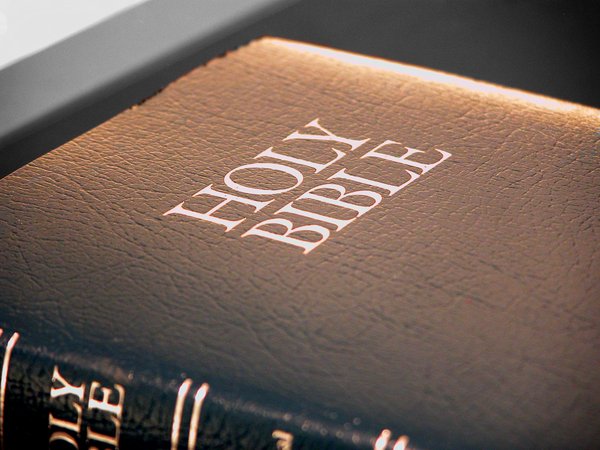
I am composing this reflection on the election’s outcome during the weekend before the election, I fully expect to wake up on Wednesday to a new president-elect who is corrupt, profane, and poorly representative of my personal convictions. I ask myself, what is the prophetic and apostolic counsel that the Christian scriptures have for me under circumstances like that?
The answer to that question seems worryingly consistent with every biblical voice that weighs in.
Paul says in Romans 13, “Let every person be subject to the governing authorities.” Peter says in his first letter, “Be subject to every human institution, whether it be to the emperor as supreme, or to governors as sent by him to punish those who do evil and to praise those who do good. For this is the will of God.” Jesus seems to imply the same when he admonishes his disciples to “render unto Caesar what is Caesar’s.”
To the protest: But not to a lecherous looter like the leader we just elected! Peter and Paul will patiently point out that they were writing in the days of Caligula and Claudius and Nero, who by comparison might make our candidates look like cherubs.
Joseph and Mary submitted to that brutal imperialist, Augustus, and went to Bethlehem to participate in the mandatory census. Daniel served loyally in the courts of the ruthless tyrant, Nebuchadnezzar. Esther subjected herself even to marry the lewd and lecherous king Xerxes of Persia.
It gets harder. The apostles go on to make it clear they’re not just speaking of grudging subjection. Paul elaborates in Ephesians 6, “Obey your earthly masters with fear and trembling, with a sincere heart, as you would Christ, not by the way of eye-service, as people-pleasers, but as bondservants of Christ, doing the will of God from the heart, rendering service with a good will as to the Lord and not to man.”
Scripture calls us to obey our earthly authorities, and, as Peter says (1 Pet 2:18) to do so “with all respect, not only to the good and gentle but also to the unjust.”
The question seems natural: How can I be called sincerely to obey someone for whom I was pretty certain I was not even called to vote?
To answer that question, our biblical witnesses take us two steps further. Step one clarifies the foundation of our call to obedience in earthly contexts. Step two recognizes the constraints that are placed on our obedience when it is built on this biblical foundation.
“Our citizenship is in heaven,” Paul wrote to the Philippians. The allegiance of obedience we owe belongs to the King who, Paul does not hesitate to say, “instituted those earthly authorities.” In the economy of God’s kingdom, those who give their allegiance to its King are children, and as children we are free – free of the authority of human institutions, and obligated instead to the authority of God.
Jesus said as much when his disciples asked him if he and they were subject to the two-drachma tax in Matthew 17. “The sons are free.” Kings don’t tax their children. They tax others. Still, Jesus counsels, the sons exercise their freedom in paying the tax so as “not to give offense” to the taxing authority.
Paul echoes Jesus’ logic in 1 Corinthians 7. “Am I not free?” he asks. But he employs his freedom in making himself a slave of others – other humans and human institutions – so as to give them no offense, to love them, and to win among them a hearing of his gospel.
The call scripture issues to our obedience to earthly authorities is grounded not in their right to our submission but in the obedience we gladly owe to the King who has set us free by grace to be his children. As his children we in turn give our obedience to earthly authorities as an extension of God’s grace to us. Our obedience is given in freedom and it is given in the power of God as a gift of submission to earthly powers.
Where does the good will come from to “render service [to a corrupt and profane president for the next four years] as to the Lord and not to man”? Paul is very clear. This we can do, “knowing that whatever good anyone does, this he is receiving from the Lord” (Ephesians 6:7). Daniel, Esther, Onesimus, Jesus – all of these examples illustrate obedience to God and gifts of gracious service to fallen humans they were willing to call masters.
That foundation in another kingdom gives rise to the last step. The location in God of the foundation of our obedience to human authorities means that our obedience to human authorities is radically qualified and limited, not absolute. We will sometimes find ourselves like Peter and the Apostles before the city council in Acts 5, declaring, “We must obey God rather than men.”
For that, the state still wields the sword, and we are liable like Peter and Paul to be imprisoned, even martyred for the precedence we give to God’s law over human laws. We will “not be surprised at the fiery trial when it comes upon us to test us as though something strange were happening to us, but we will rejoice insofar as we share Christ’s sufferings” (1 Peter 4:12f).
Dr. Westblade is an assistant professor of religion.

